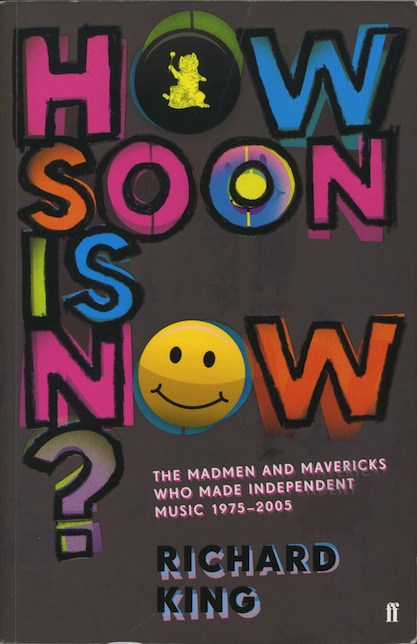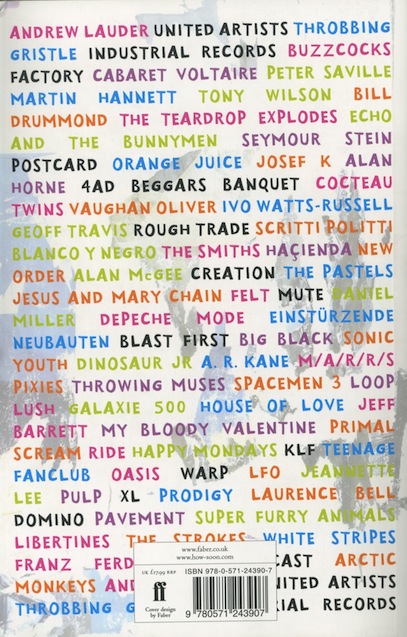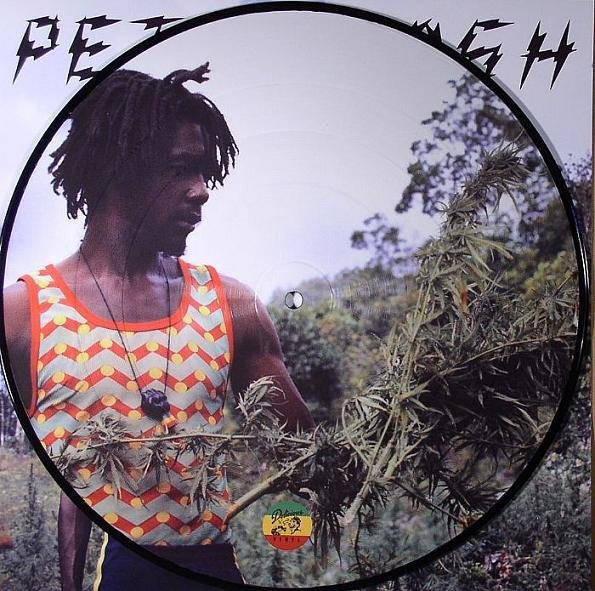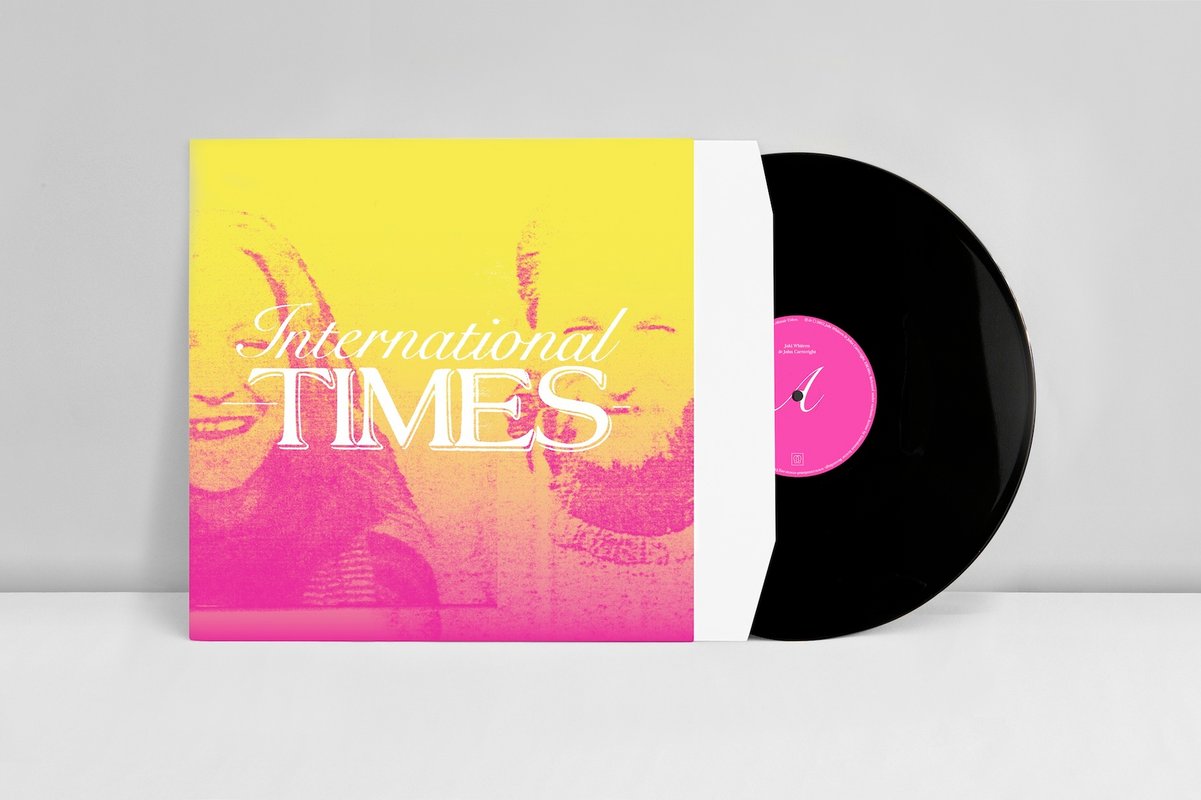Review
Richard King
How Soon Is Now
Faber

I've just finished reading Richard King's 'How Soon Is Now' which as you can see is sub-titled 'The Madmen And Mavericks Who Made Independent Music 1975-2005' which pretty much sums it up in a nutshell.
If you look at the back cover below you can see all the labels King has covered in the book starting with Andrew Lauder and United Artists, home to the likes of Hawkwind and Dr Feelgood, and moves on from there through the industrial, punk and post-punk scenes, Factory, the Liverpool lot with Bill Drummond and The Bunnymen and on and on.
It's an imminently readable book that happily pulls together interviews and quotes from all the key players, and a lovely descriptive way to bring these characters to life, to construct a flowing narrative documenting how we ended up here. I was lucky enough to work at labels for quite a long time and the book captures that thrill of one of your records hitting the big time (we were kept off number one by the Fugees with our big hit) and the rush and excitement that runs along with success on your own terms.
One of my favourite chapters was on the KLF (in fact I read that first when I got the book and then started at the beginning), but early on in the story the great Bill Drummond pretty much nails the appeal of pop. 'The young idealist in me is thinking, look at that. 7-inch singles seem to be paraphrasing an Andy Warhol thing: he was talking about the Coke bottle and how it's the same everywhere, I remember "Penny Lane", "Strawberry Fields", thinking, fuck me, that's something, and Andy Warhol's copy of this record is better or worse than mine, and that's how art should be. And that has kind of stuck with me.'

Now obviously in our world of selling 300 copies of a record, and a thousand on a good day, its all slightly different. Our music has become so niche, along with a thousand other niches, and split the sales all over the world, but the great part of this story is there were a series of labels that managed to create an infrastructure within Rough Trade and their distribution company and a series of hippy ideals (though these did eventually come back to bite them) where it enabled them to reach all corners of the world. Kids in the US picking up New Order 12's in Saville sleeves and getting it. The like of United Artists paved the way for Mute and co to come through and take success on their own merits and their own terms.
Mute's Daniel Miller comes across very well. Even though he had to let the Warp label leave a distribution deal very early on in the labels history he was advising the team to start thinking long-term about their artists and their label. To look outside of the 12" dance sign and develop artists with a long term career in front of them. Maybe something we should all be thinking about in our own little worlds.
This is a thoroughly good book that brings that enthusiasm to the fore and a high appreciation for the loners and weirdos, electronic freaks and those on a mission, who paved the way.


